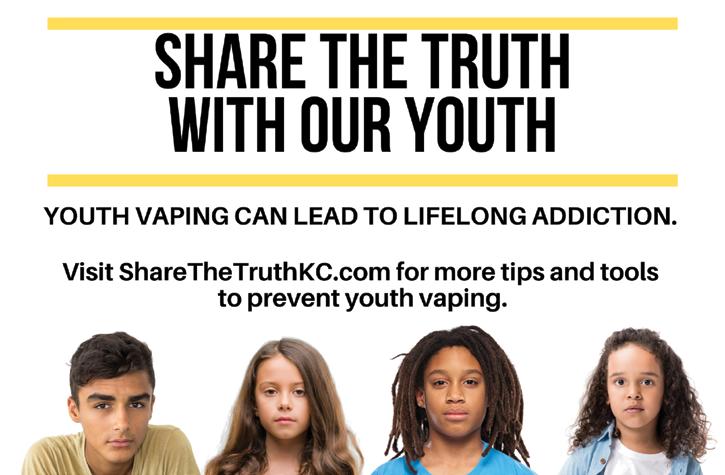
3 minute read
Talking to Your Child About Drugs and Alcohol

How do I set an appropriate curfew?
As kids move into their teenage years, it’s important to give them enough freedom to learn how to make their own choices, which helps them lead independent lives. Setting reasonable boundaries on their activities and time out with friends can help them make responsible decisions and develop healthy habits; curfews are part of striking that balance.
There’s no one right answer for setting a time, but there are strategies for setting realistic curfews:
+ How much structure does your child need? If they struggle to make responsible choices without firm boundaries in place, a consistent time might work the best for them. + What’s their sleep schedule? If they have an early morning, an earlier curfew may benefit their health and productivity.
According to the American Academy of Pediatrics, teenagers need about 8 to 10 hours of sleep per day. Getting enough sleep is important for their mental and physical health, as well as helping them excel in school and other activities. + What are the plans? If they want to attend a special event that goes past their usual curfew, it may be reasonable to adjust their curfew.
Try getting their input on what they feel is a reasonable curfew based on the circumstances. If they feel they had a say, they may be more willing to follow the curfew. If their proposed time seems unreasonable, let them know why and clearly state when they are expected home.
Whatever curfew is set, it’s important to communicate clearly what the expectation is, what to do if they’re running late, and then hold them accountable. An example of a consequence may be cutting their usual curfew back by 30 minutes, which they can earn back after proving they can stick to the new time.
If they do break curfew, it’s important to let them know that you’re happy that they arrived home safely, but that you were worried. As sometimes happens, worry comes across as mad. At that point it’s best to tell them you’ll talk about the consequences in the morning when you’re feeling calmer.
Just as in adulthood, circumstances happen that are beyond their control, and they may have to break curfew, for example poor weather conditions that make it dangerous for them to drive. Setting the expectation to call before missing curfew rather than making excuses afterward prevents worry and confusion.
HAVE A QUESTION?
safedfc@gmail.com
We cannot guarantee all questions will be published; however, we will do our best to respond to all questions submitted.
NUMBERS
288
The most number of years a library book was overdue.
1000
The number of species of bananas; we only eat one of them.
2–3
The number of hours an elephant sleeps per day.
1.2 million
The number of mosquitos, sucking once each, that it would take to drain all the blood from a human.
.028
The speed in mph that a Heinz ketchup bottle squirts.
189
The number of things named after George Washington.

90%90% ofof AmericansAmericans strugglingstruggling withwith addictionaddiction startedstarted usingusing drugsdrugs oror alcoholalcohol beforebefore ageage 1818.. * *
*Partnership *Partnership toto EndEnd AddictionAddiction
Help keep all youth safe by never providing alcohol to minors and communicating your no-use expectations to kids and teens. Parent Up can help: We have tips, tools, and resources to help you prevent underage drinking.
Learn more at parentupkc.com/alcohol.





